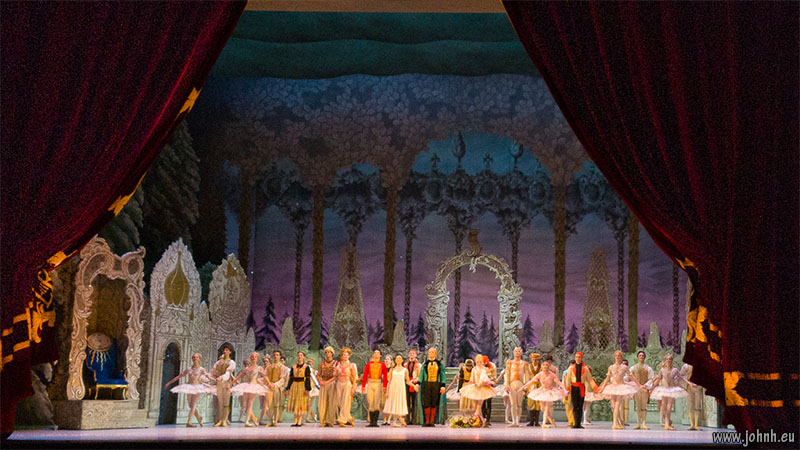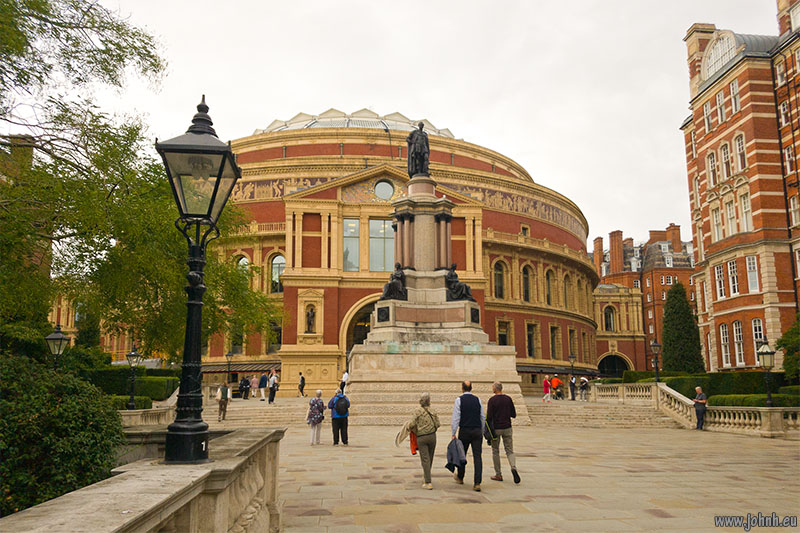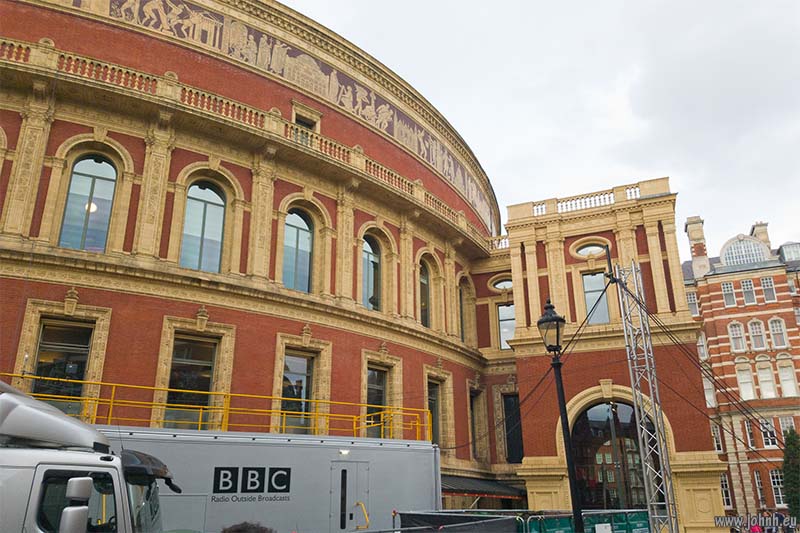Music
The Nutcracker magic starts with the first notes of Tchaikovsky’s music taking us in to the world of the supernatural. This production is about the dance, the costumes and the tunes. Of course there’s the story but it’s almost impossible to follow. And within the world of the Nutcracker, it’s magnificent. But in 1913, just twenty-one years after the first performance of The Nutcracker in 1892, The Rite of Spring erupted in to the world of ballet and nothing would be the same again.
Classic Royal Ballet production this, now the definitive British interpretation. It was the most complete London production when it first appeared in 1984, when it displaced Nureyev’s 1968 version. As expected, this revival was light and beautiful, sprinkled lightly with magic dust with little of the dark undercurrents and menace brought out in contemporary dance productions.
Read more: The Nutcracker - Royal Ballet, Covent Garden 2025
A lively, modern performance of W.A. Mozart’s classic comic opera at the Proms. Figaro harks back to an earlier and apparently simpler time, of servants and Countesses; nonetheless there is a war somewhere. But seeing “The Marriage of Figaro” in a semi-staged version of Glyndebourne’s new production is an escape from the realities of our era with some of W.A. Mozart’s most sublime music.
Read more: ‘The Marriage of Figaro’ from Glyndebourne at the Proms 2025
One of a regular series of recitals at Notre-Dame du Mont, Marseille. The current instrument was built to the French Romantic style and installed by Alexandre Ducroquet in 1847; this was following harsh criticism of the previous Instrument by Frédéric Chopin, who played at the funeral of a friend. Today’s organist, Vincent Boccamaiello (standing on the right of my photo), is of a Marseille family of distinguished organists. His improvisation started the recital in a restrained mode, using reed stops with a full and rounded tone but much brighter than an English instrument. The following Ritournelle contrasted sharply, his registration using the stunning festive stops of this French instrument. The organist’s assistant was busy though the selection of Rameau’s Hippolyte et Aricie working a lot of the instruments capabilities, including a selection of 16’ bass pedal stops.
Read more: Vincent Boccamaiello at the organ of Notre-Dame du Mont, Marseille
Well that was an extraordinary recital, I’ve never been to anything like it. Firstly the restored cathedral looks fantastic inside, the masonry is clean and white, the rose stained-glass windows newly bright too. The huge space of one of the tallest of the Gothic cathedrals seems both enhanced but also relatable somehow: it doesn’t recede in to the dim distance like I think it used to, the bright stone and new lighting imposes on you.
I haven’t heard this organ since I passed through Paris on my way back from Lausanne before I went to university, when fortuitously the organ was being played. I’ve never quite forgotten the impact of this big instrument in a magnificent Gothic cathedral with the reverberations being as much a part of the music as the notes.
Read more: Yves Castagnet at the organ of the Cathédrale Notre-Dame de Paris

Queen Victoria would almost certainly not have been amused by her loyal citizens but we, the 2025 London audience, enjoyed a top class performance of ENO’s production of Gilbert and Sullivan’s “Pirates of Penzance” at the London Coliseum.
Period costumes but a minimal set, abstracted to the essentials necessary to support the absurd storyline, gives the production the flexibility to tell truths though serious and comic moments, ridiculing “duty” in particular but taking in family succession, loyalty to the Crown, women’s rights and ageism etc. along the way.
Read more: The Pirates of Penzance - ENO at the London Coliseum









